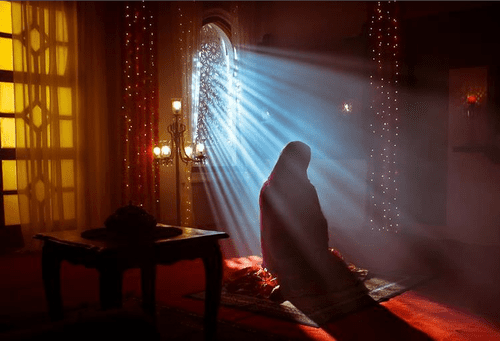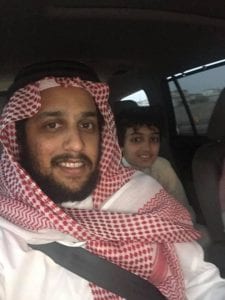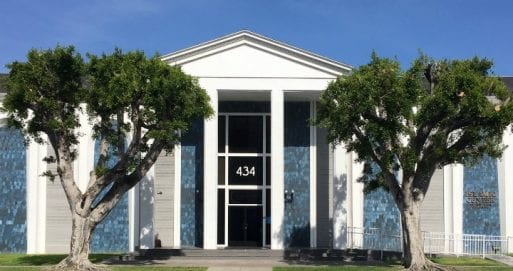
Credit: muslimvillage.com
Though Muslim traditions around death can vary from region to region, Sharia (Islamic religious law) calls for a fairly specific set of rites: burial of the body as soon as possible, preceded by bathing and prayer.
When a Muslim is approaching death, family members and very close friends gather to comfort the dying person and gently encourage them to say the Shahaadah. The Shahaadah is one of the five pillars of Islam; it is a declaration of the belief in the oneness of God and the acceptance of Muhammad as God’s prophet. The family offers the dying person hope and kindness, and encourages them to say the “shahada,” confirming that there is no God but Allah. As soon as death has occurred, those present close the person’s eyes and lower jaw, and cover the body with a clean sheet. They then make duo or supplication to Allah to forgive the sins of the deceased. The funeral prayer, called the Salutal Janazah is said immediately after shrouding the body, preferably outside the mosque.

Funeral Home director Osama Bin-Mahfouz
Before the burial, the family performs washing rites, called ghusl. I spoke with Osama Bin-Mahfouz, the contemplative 26-year-old manager of the Islamic Center of Southern California and director of the center’s Muslim funeral home about this ritual. Bin-Mahfouz was fifteen when he first performed ghusl on a body. According to Muslim traditions and Sharia, the bodies of all Muslims must be washed, prayed over, and shrouded in a white cloth called a kafan before being buried. When Bin-Mahfouz was 15, one of his cousins passed away in Saudi Arabia, and Mahfouz, who flew there for the funeral, helped his relatives wash his cousin’s body in the traditional Muslim manner — first on the right side and then on the left, and from the head towards the feet.
The experience humbled him. He felt that participating in the ritual helped put life into perspective, with the reminder that we all face the same fate. “That first time I did it was very symbolic,” Bin-Mahfouz tells me. “I felt like I was wrapping up a gift to give to God. Like I was giving God something back.”
As a Muslim funeral home director, Bin-Mahfouz has washed and buried over 200 people in the last three years. He says the washing process, for him, is still a particularly powerful moment of ritual. “Each person that I wash, I consider a loved one,” he says. “So I’ll wash that person with the same care and love that I would want someone to wash me, or with the same care I will wash my mother or my father when they pass.”
Shariah says graves must be perpendicular to Mecca, so that the person who died is laid to face Mecca. The Islamic Center of Southern California buries most of its bodies at Rose Hills Cemetery in Whittier, California, where the Center purchased a piece of land to turn into an Islamic section of the cemetery. The plots in the Center’s section at Rose Hills are all cut so they are facing Southeast (Mecca is southeast of the United States).

Islamic Center of Southern California
Credit: visitkoreatown.org
“In Muslim cemeteries, we do not mark graves,” says Bin-Mahfouz. “If you go to a traditional Muslim cemetery you won’t see anyone’s name over a grave. Unmarked graves symbolize that we’re all the same. It parallels the way we pray. In Muslim prayer, we all stand shoulder to shoulder, feet by feet. There’s no separation. There are congregants from about 115 countries that come to the Center. And you’ll see everyone standing together and praying together. You’ll have no idea who’s rich, who’s poor, who’s educated, who’s not. We’re all the same standing in front of God. So our cemeteries parallel how we pray. Everybody’s exactly in a line together and everything’s uniform.”
Since simplicity and moderation are emphasized in the Islamic tradition, donations on behalf of the deceased are encouraged in lieu of flowers.

 An Imam Talks About Muslim Traditions Around Death
An Imam Talks About Muslim Traditions Around Death


 “Songbird” by Fleetwood Mac
“Songbird” by Fleetwood Mac
 First the Wealth Gap, Now the U.S. Has a Growing Health Gap
First the Wealth Gap, Now the U.S. Has a Growing Health Gap
 How to Comfort A Dying Loved One
How to Comfort A Dying Loved One














